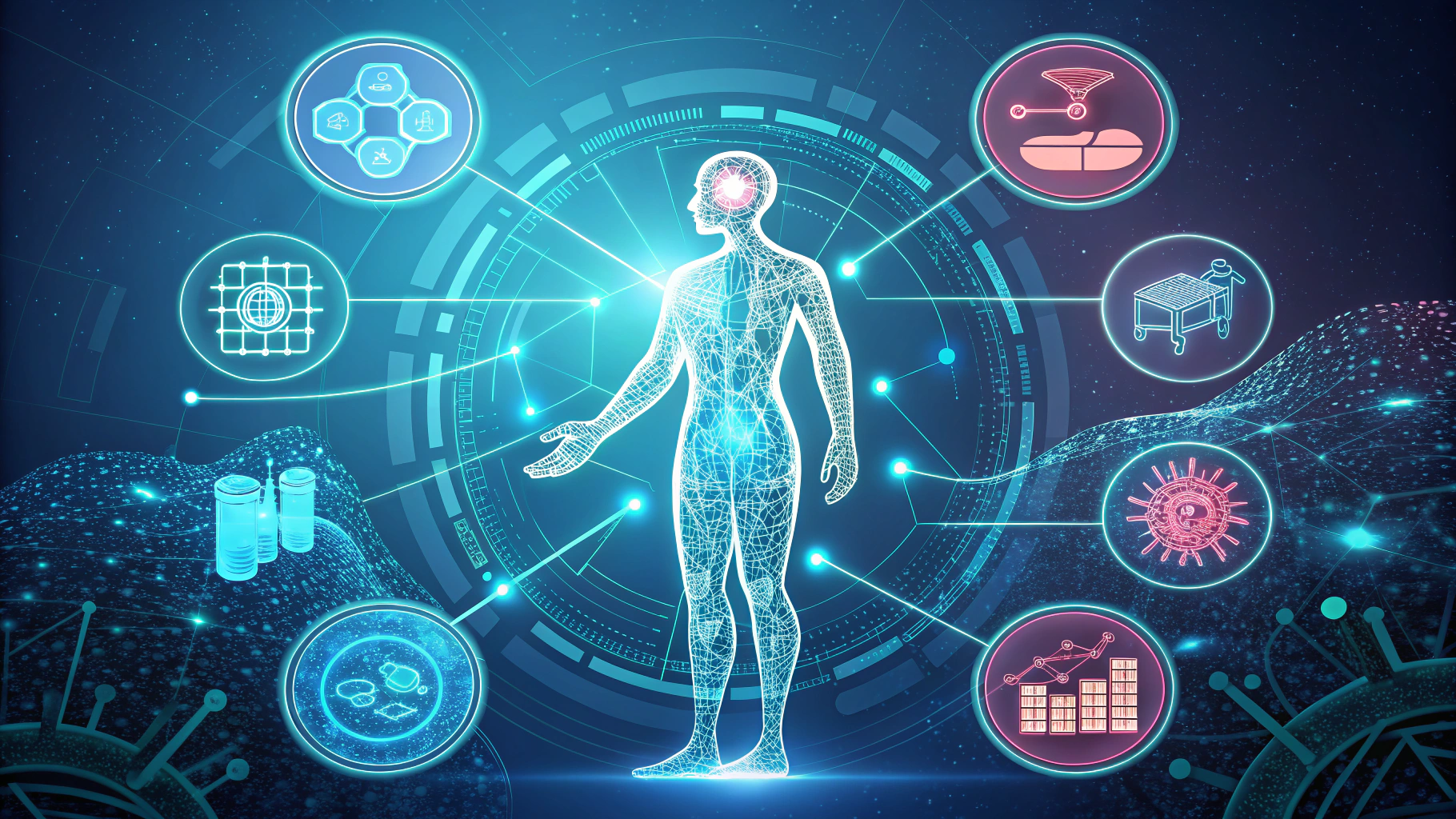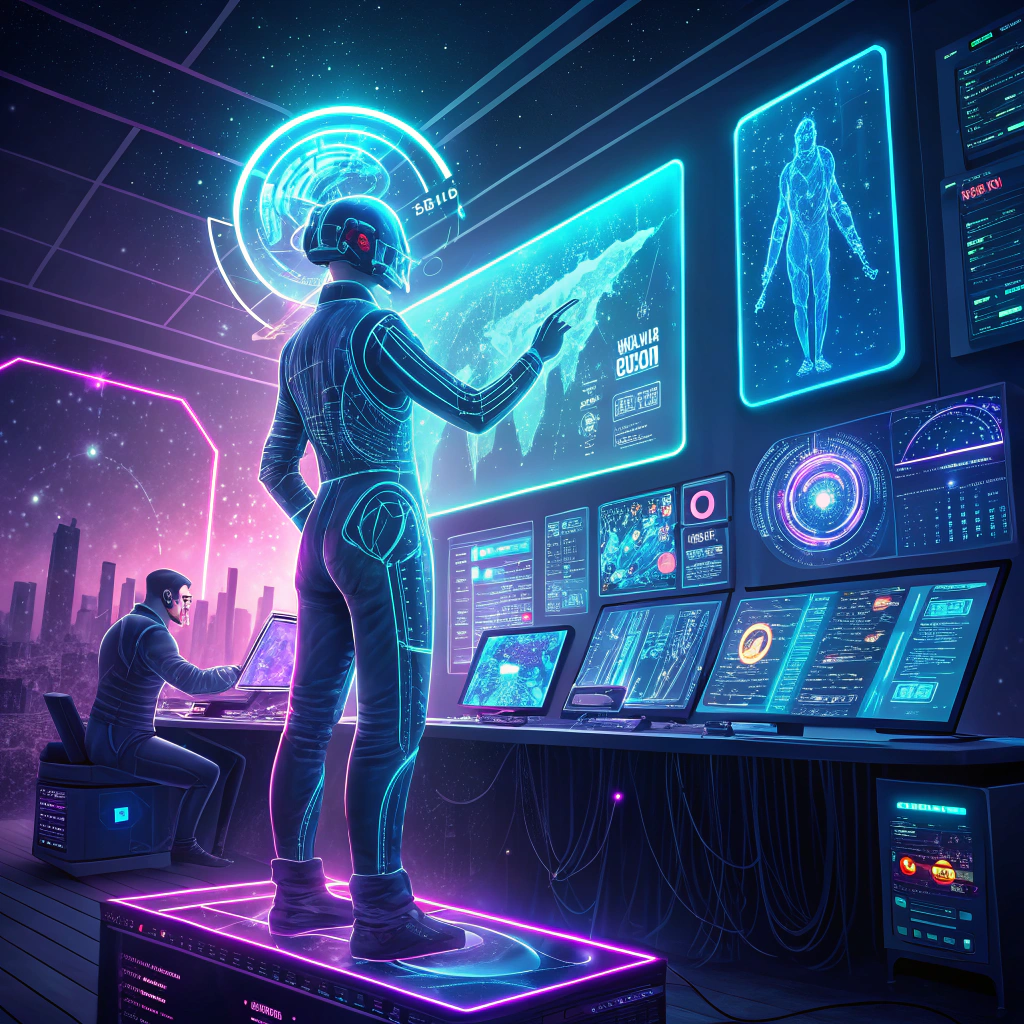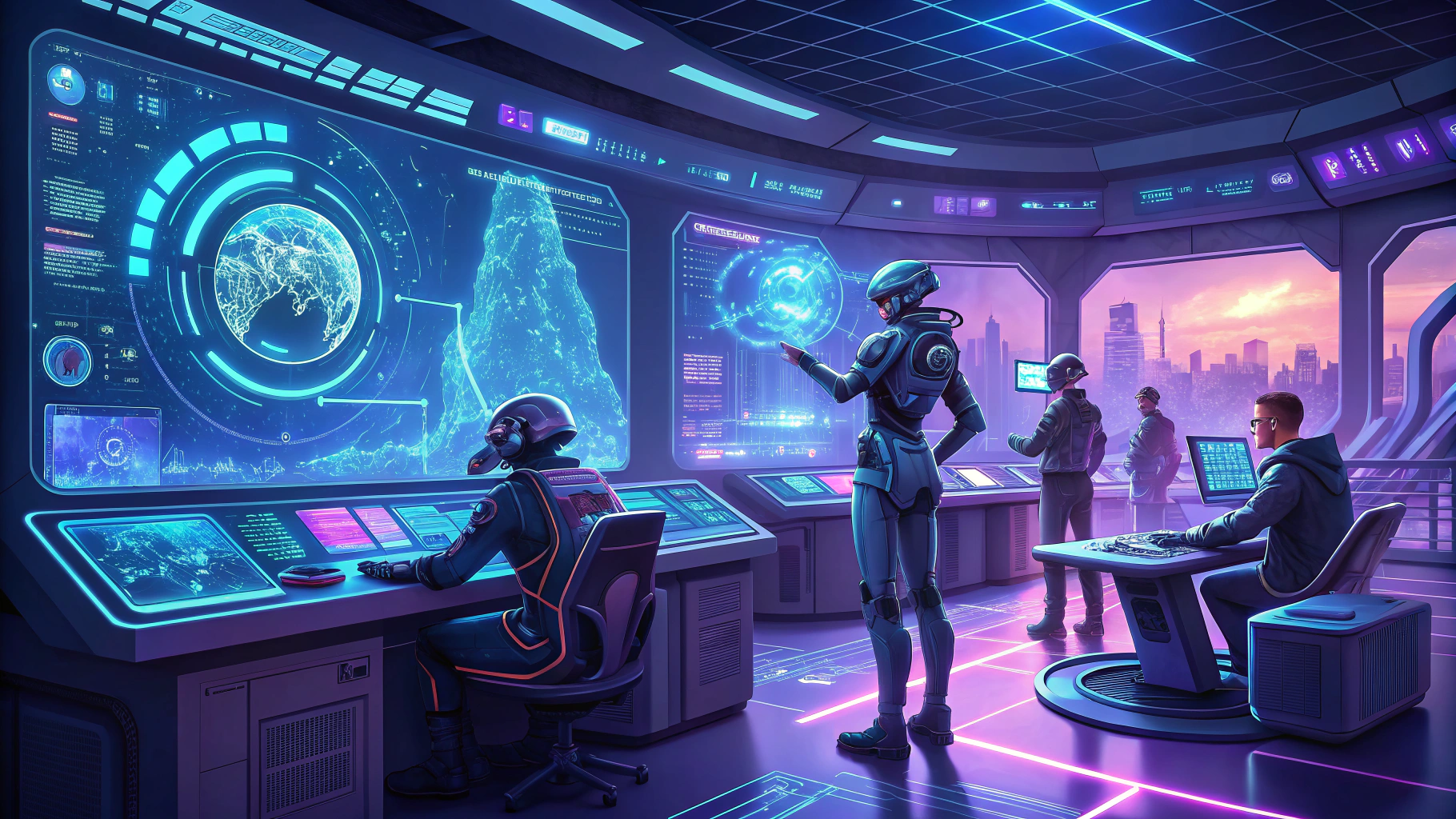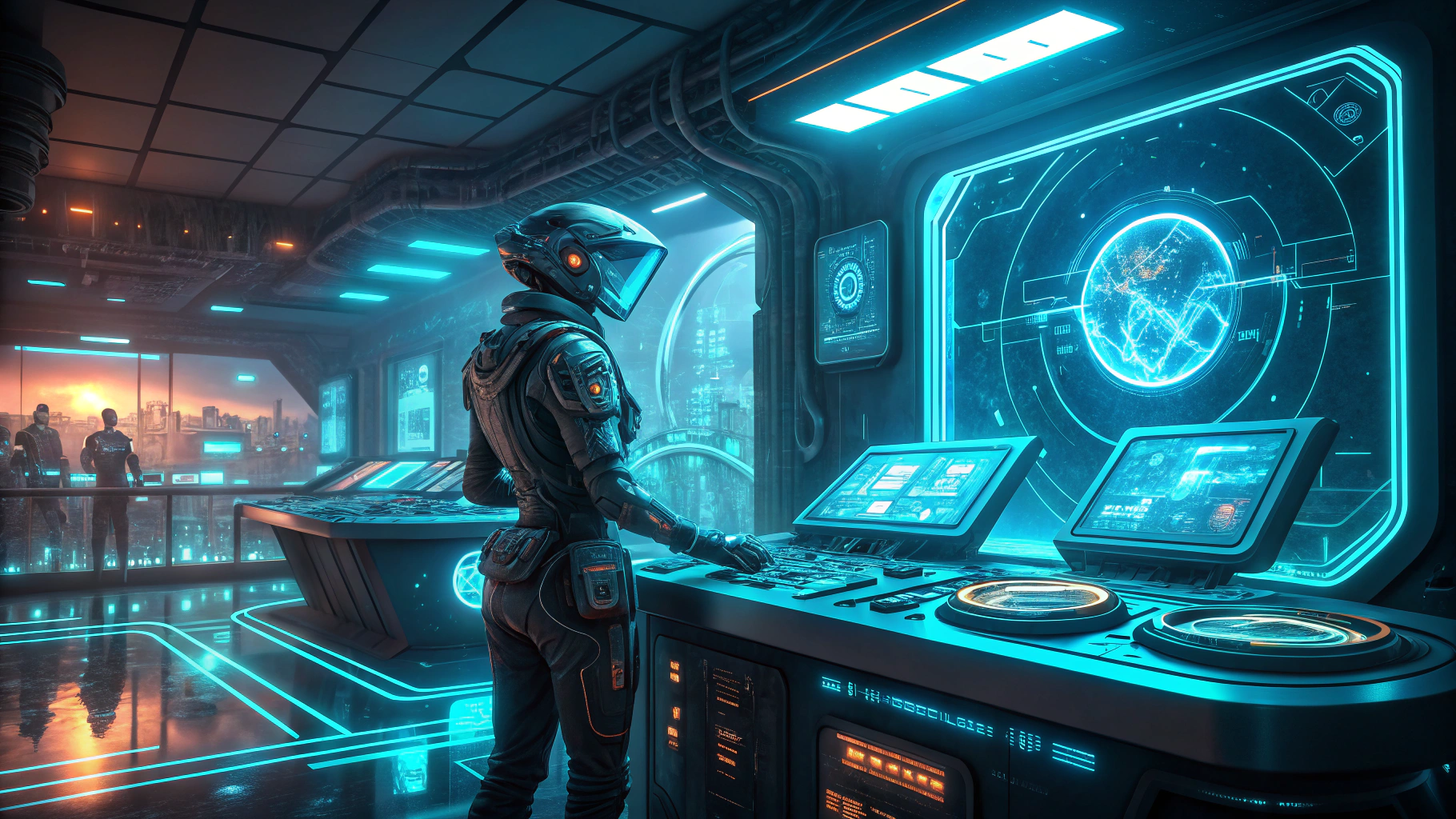AI Agents: Revolutionizing the Digital Landscape

The Rise of Intelligent Agents: Transforming the Digital Landscape
In the rapidly evolving digital world, the concept of agents, particularly intelligent agents, has emerged as a pivotal force driving innovation and efficiency. These agents, powered by artificial intelligence (AI), are transforming how businesses operate, interact with customers, and make decisions. This article delves into the realm of intelligent agents, exploring their capabilities, applications, and the profound impact they have on various industries.
Understanding Intelligent Agents
At its core, an intelligent agent is an autonomous entity that perceives its environment through sensors and acts upon that environment using actuators. It is designed to achieve specific goals by processing received data, learning from it, and adapting its behavior accordingly. Intelligent agents can range from simple chatbots to complex systems that manage industrial operations or financial portfolios.
Characteristics of Intelligent Agents
- Autonomy: Intelligent agents operate without human intervention, making decisions and executing actions independently based on predefined rules or learned experiences.
- Adaptability: They learn from past interactions, improving performance over time and adapting to new scenarios.
- Interactivity: Capable of communicating with humans and other agents, enhancing customer service experiences.
- Goal-Oriented: Designed to achieve specific objectives, from recommending products to managing supply chains.
Applications of Intelligent Agents
1. Customer Service
Intelligent agents like chatbots provide 24/7 assistance, addressing inquiries and resolving issues with personalized interactions.
2. Healthcare
They assist in patient monitoring, diagnostics, and treatment planning by analyzing medical data and providing actionable insights.
3. Finance
Financial institutions use intelligent agents for algorithmic trading, fraud detection, and enhancing security by analyzing large datasets.
4. Manufacturing
These agents optimize production processes, manage supply chains, and ensure quality control to increase efficiency and productivity.
5. Smart Homes and IoT
Found in smart home devices, intelligent agents control appliances, monitor energy usage, and enhance security by adapting to user behavior.
The Technology Behind Intelligent Agents
The development of intelligent agents relies on advanced technologies including Artificial Intelligence (AI), Natural Language Processing (NLP), Robotics, and Cloud Computing.
Challenges and Considerations
While offering enormous potential, intelligent agents also bring challenges such as ethical concerns, data privacy issues, integration complexities, and reliability requirements.
The Future of Intelligent Agents
With advancements in AI, intelligent agents are set to become more personalized, collaborative, ubiquitous, and ethically sound, enhancing human capabilities and redefining industry standards.
Conclusion
Intelligent agents are revolutionizing the digital landscape, driving innovation across industries by automating tasks and enabling intelligent decision-making. As these systems evolve, they hold the promise of a future where technology seamlessly augments human abilities and creates more efficient, connected environments.



